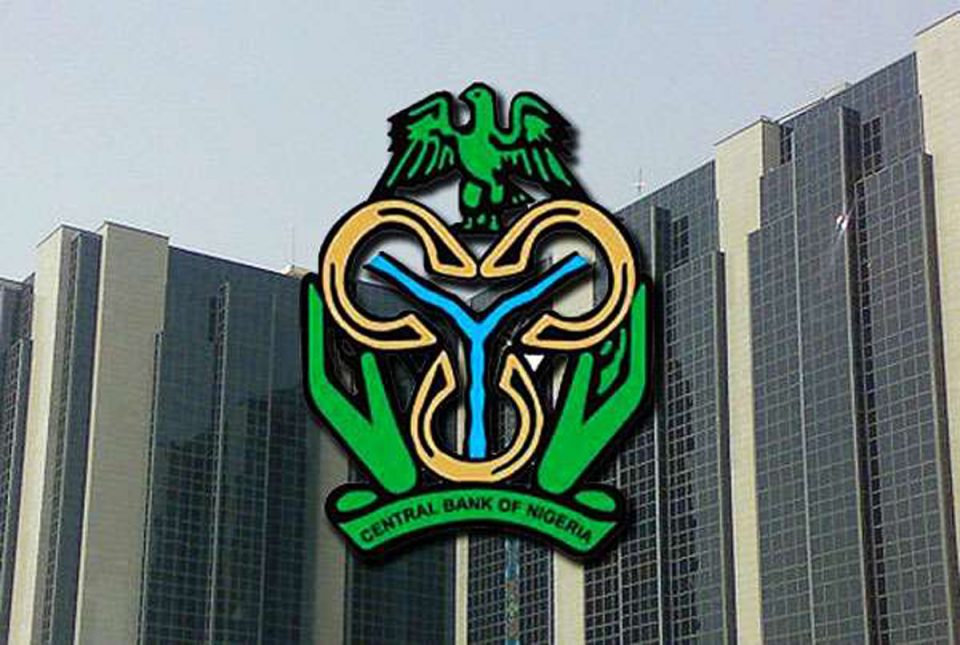The Central Bank of Nigeria (CBN) said its interventions in key products had saved the country N1.3 trillion import bill.
The CBN Deputy Governor, Corporate Services, Mr Edward Adamu made this known at the ongoing 28th Seminar for Finance Correspondents and Business Editors in Owerri on Tuesday.
The theme of the seminar is “Galvanising Development Finance and Monetary Policy For Growth”.
Represented by the Director, Corporate Communications Department, Mr Isaac Okorafor, Adamu listed the key products as rice, fish, sugar, and wheat.
He said the apex bank was determined and committed to improving domestic supply of these four commodities.
“As you are aware, the CBN increased its lending to the agricultural and manufacturing sectors.
“This is done through targeted intervention schemes such as the Anchor Borrowers’ Programme, Commercial Agricultural Credit Scheme and the Real Sector Support Facility.
“In particular, we sought to improve domestic supply of four commodities, rice, fish, sugar, and wheat which consumed about N1.3 trillion annually in our nation’s import bill,” he said.
The deputy governor said the CBN’s efforts at these development finance initiatives had helped to accelerate the actualisation of the Federal Government’s economic diversification programme.
He added that Diversifying the economic base presented a more sustainable and stable option.
“It is our conviction that focusing our developmental efforts on sectors with inherent potential for growth, employment and accretion to foreign reserves would enhance the fortune of the Nigerian economy.”



